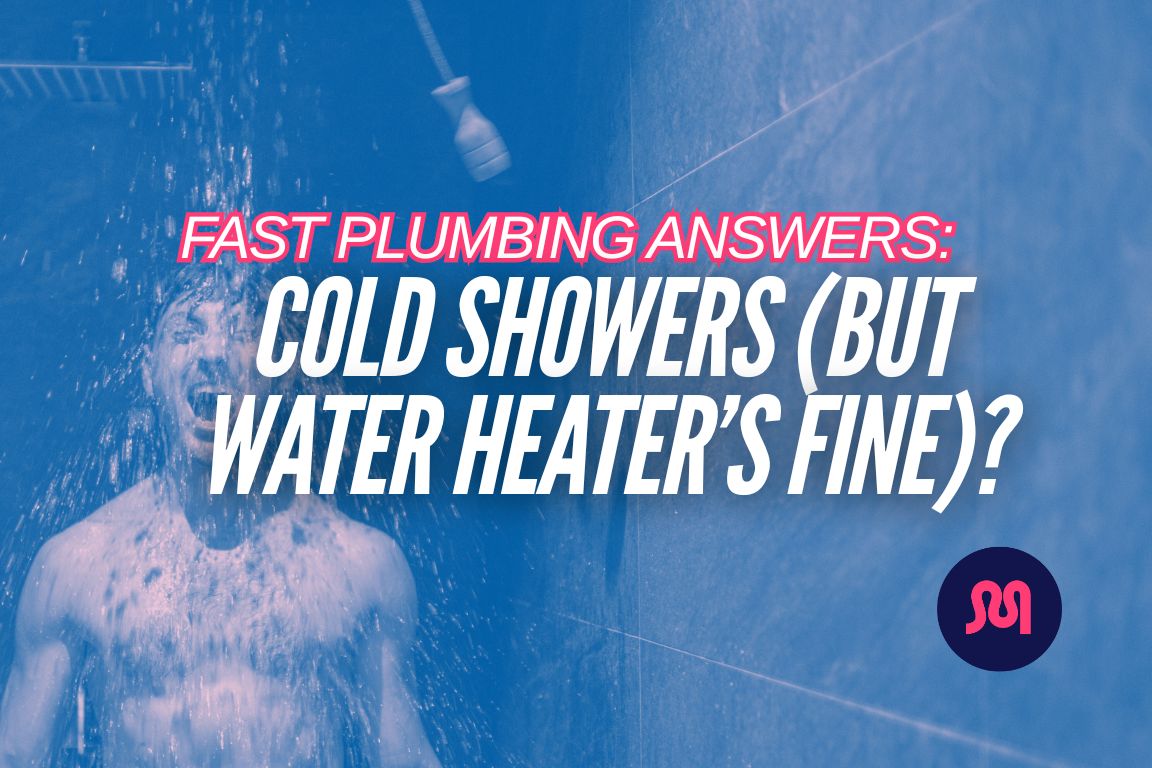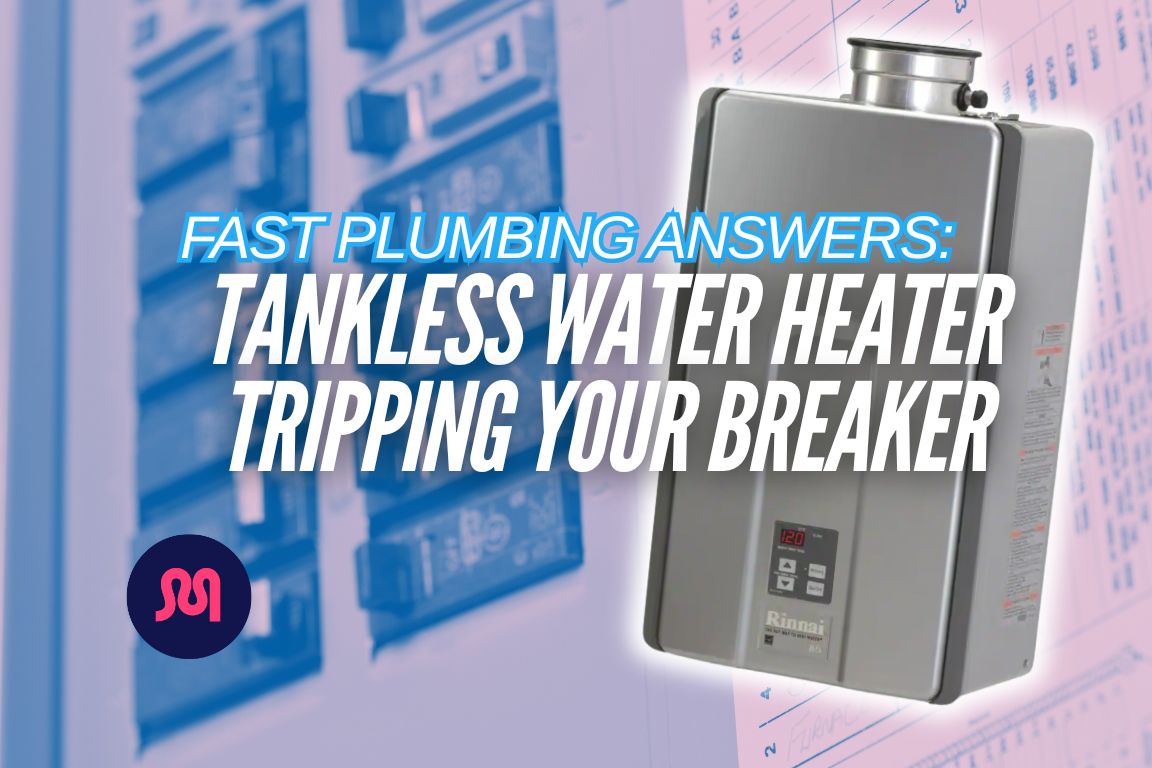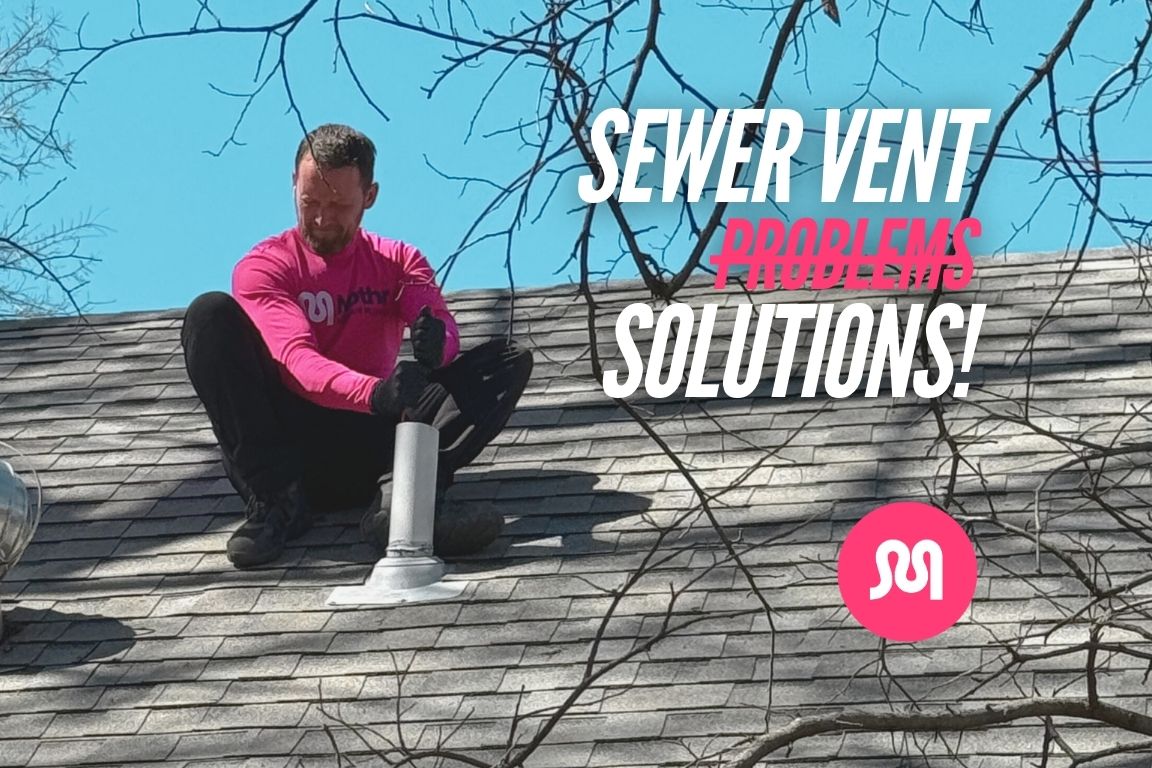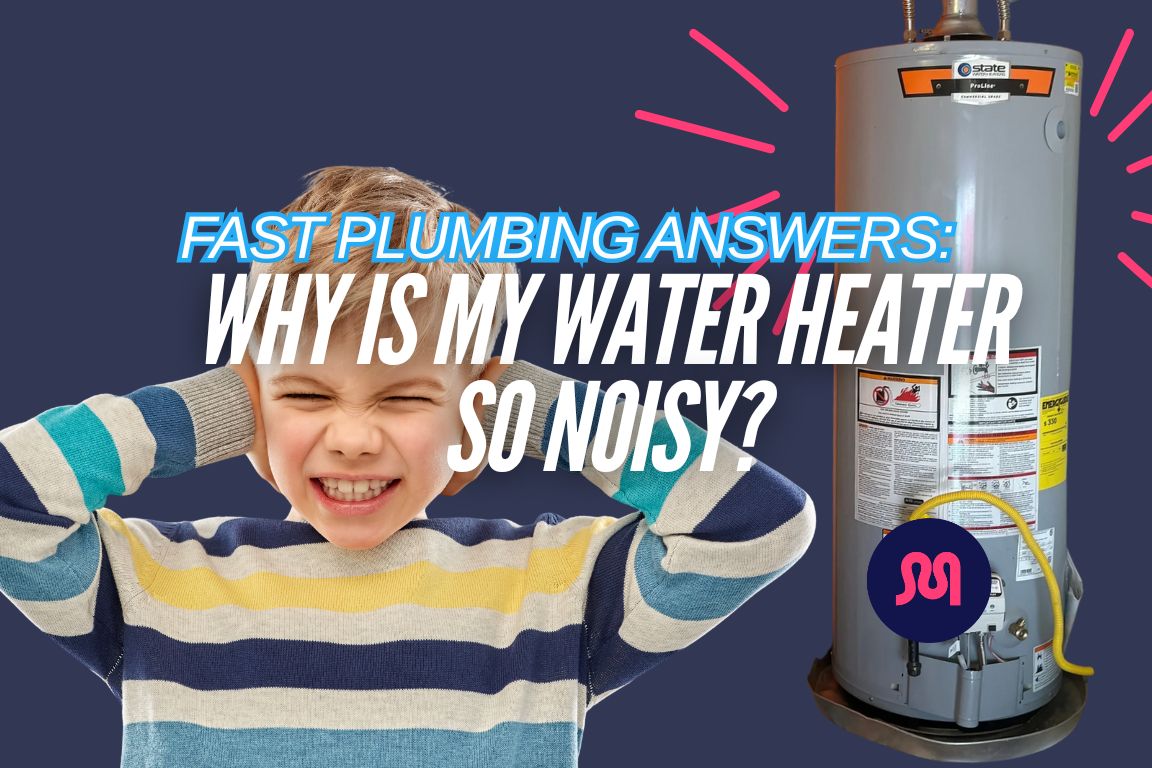Slab Leak Repair in Justin

What's included:
- 6-Year Slab Leak Warranty
- No Dig, Non-Invasive Leak Detection Equipment
- Video and Photos Kept on File for Your Claim
- Get Same Day Service!
- Family Owned and Operated
- Fix Your Issue 100% Guaranteed
.webp)
Are you experiencing issues with a slab leak in Justin, Texas?
Have you noticed unexplained wet spots on your floors or walls? Do you hear the sound of running water when no faucets are in use? Have you experienced a sudden increase in your water bill?
At Mother Modern Plumbing, we understand that a slab leak can be a major disruption and cause significant stress. That's why we offer a transparent, reliable solution to get your home back to normal as quickly as possible. With our flat-rate pricing and experienced plumbers, you can trust us to identify the source of your slab leak with precision and provide a permanent repair, ensuring your peace of mind. We have a combined 98 years of experience on our team.
Mother Modern Plumbing is committed to providing you with clear estimates, expert plumbers, and lasting repairs. We're here to offer clarity and reliability, so you can trust us to resolve your plumbing issues efficiently.
Here are the most common signs you may need slab leak repair:
- Unexplained high water bills
- The sound of running water when no water is being used
- Warm spots on your floor
- Cracks in your walls or flooring
- Noticeable decrease in water pressure
Don't let a slab leak in Justin continue to cause damage and frustration. Schedule your service with Mother Modern Plumbing today, and let us restore your home to its optimal condition.
Serving Every Justin Neighborhood with Expert Slab Leak Repair
How can you tell if you have a slab leak?
These are the 5 most notable symptoms of a water leak in or around your slab:
- A noticeable increase in your water bill
- Water meter moves after water is turned off
- The sound of running water when no taps are on
- Warm or cold spots on your flooring
- Low water pressure
How common are slab leaks?
It depends where you live. In most parts of America, slab leaks occur about once every 30 years. Dallas homes average one slab leak roughly every 15 years.
How do you locate a water leak under your slab?
The 2 best ways to locate a water leak under your concrete slab are acoustic leak detection and video camera inspection.
Acoustic detection uses sound to identify leak location. A camera inspection is needed if hydrostatic testing fails, or if acoustic detection is inconclusive.
How long does it take to fix a slab leak?
Most simple slab leaks are fixed in 2-3 days. If your specific leak requires pulling a city permit, add an extra day to your project timeline.
If you’re rerouting your pipe, plan an extra day for drywall repairs. (Note: Drywall repairs are not included in the cost of plumbing work.)
Are slab leaks covered by homeowner’s insurance?
Homeowner's insurance companies don't love to cover leaks in or near your home's foundation. If you want your slab leak repair covered, you need to follow a precise set of steps to improve your odds of coverage.
Follow these 4 steps in order to increase the chances your slab leak is covered by insurance:
- Immediately contact your insurance provider in the event of a freshwater leak.
- Hire a master plumber for 2 key tests: water pressure testing and hydrostatic testing.
- Consult a structural engineer before and after plumbing repairs.
- File all necessary paperwork to your homeowner’s insurance.















-(27).webp)
-(22).webp)
-(16).webp)
-(8).webp)









